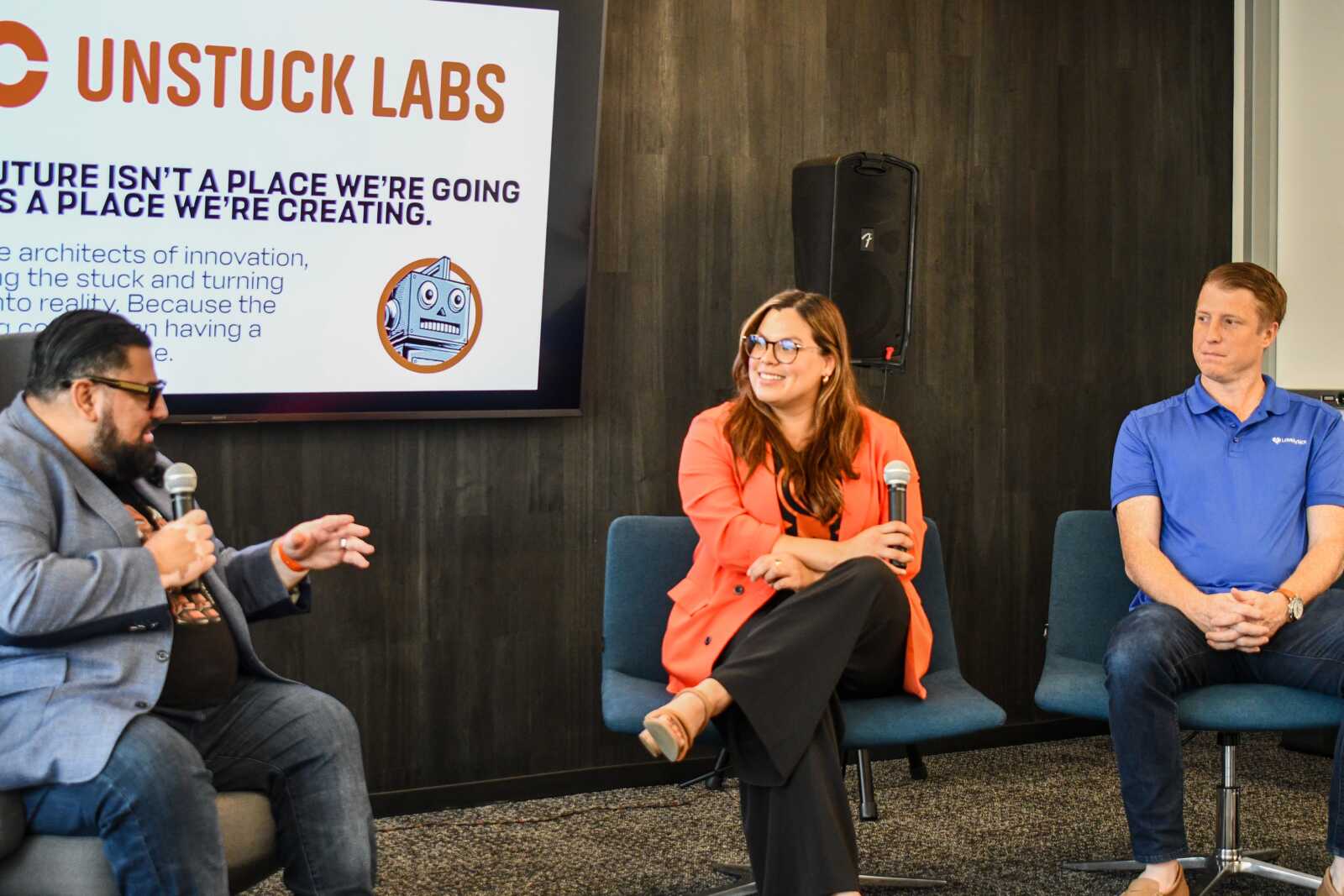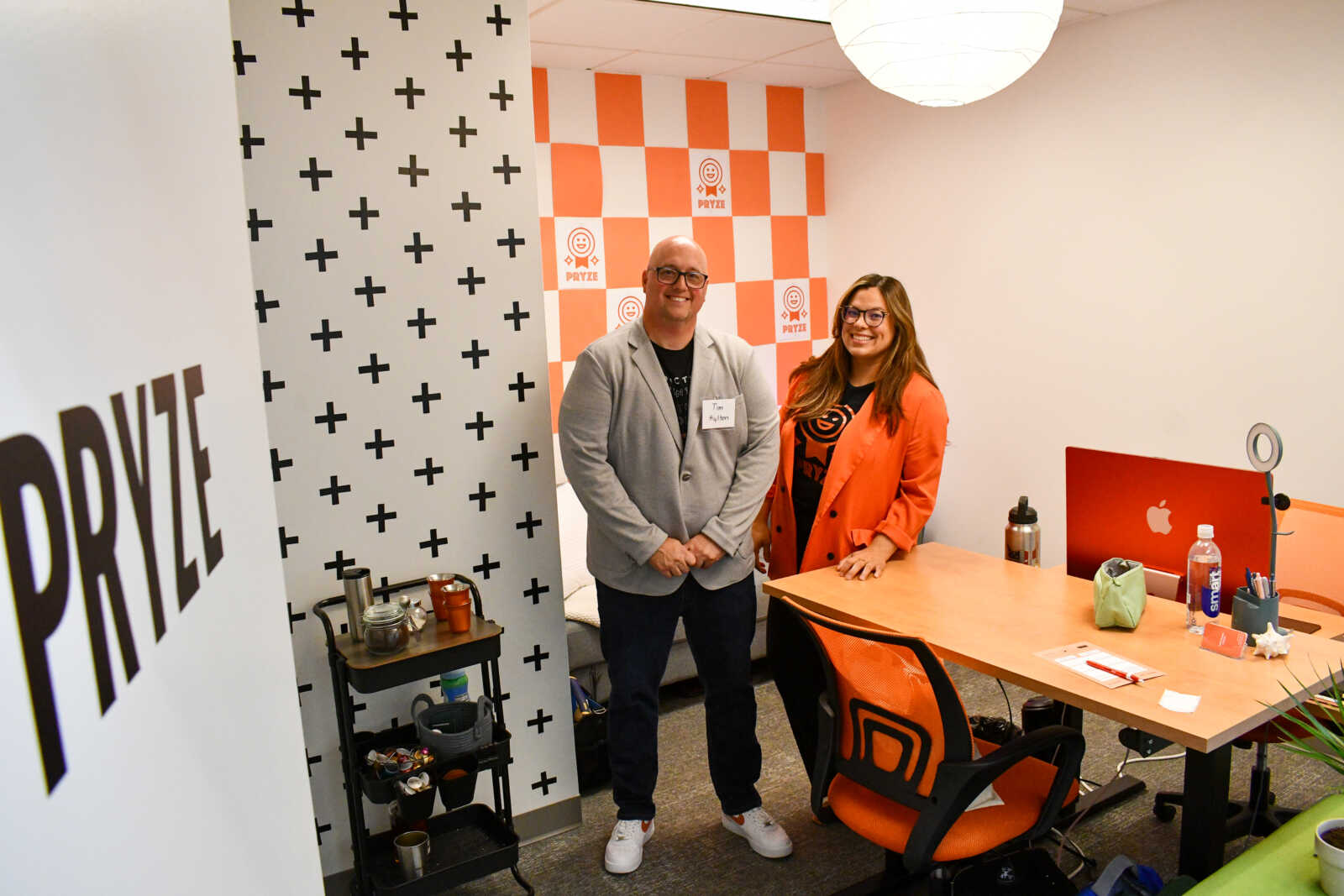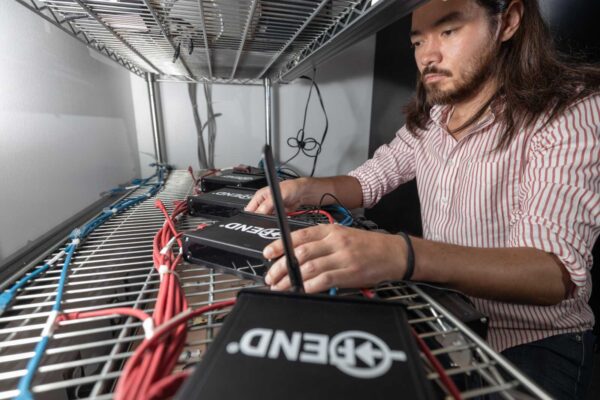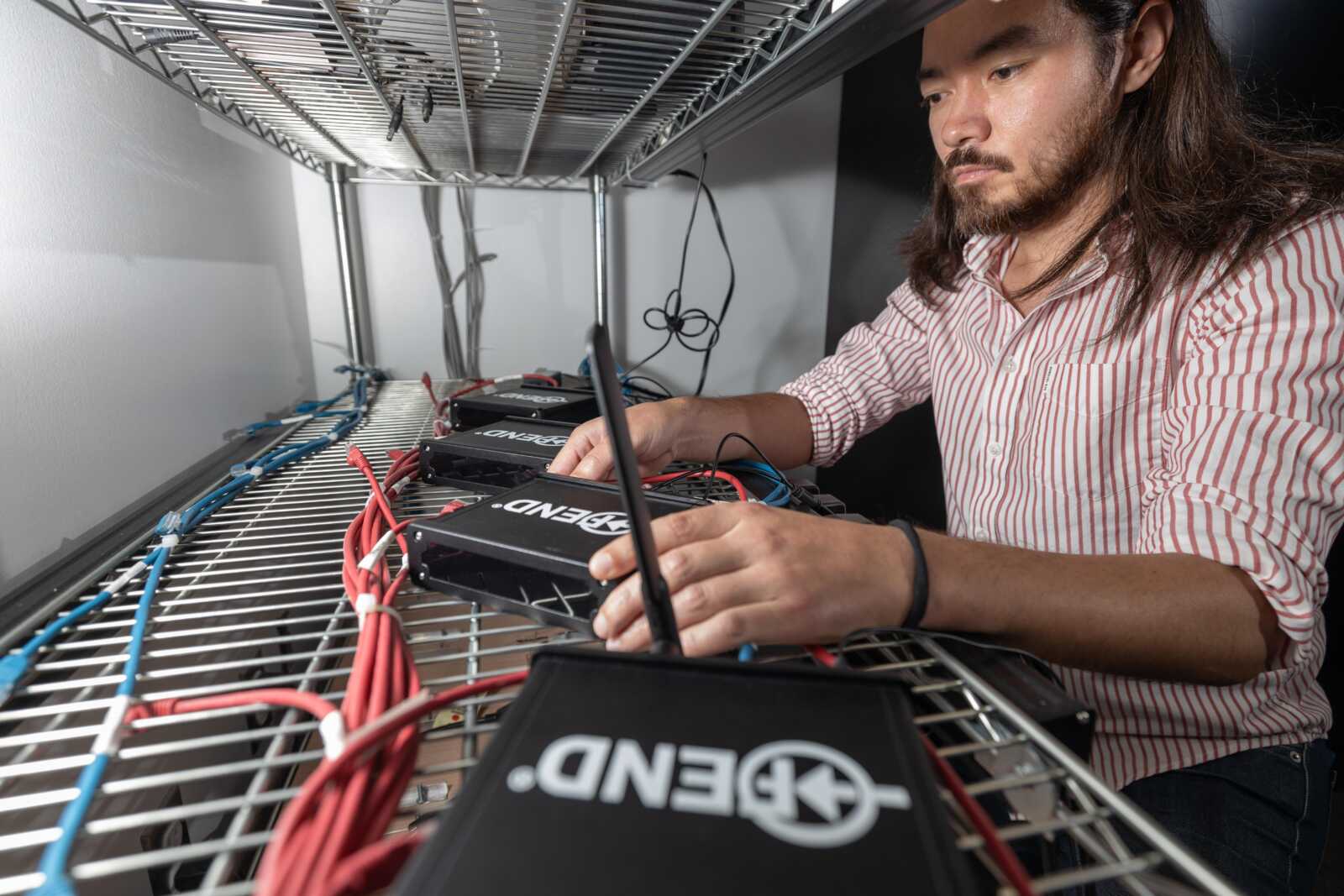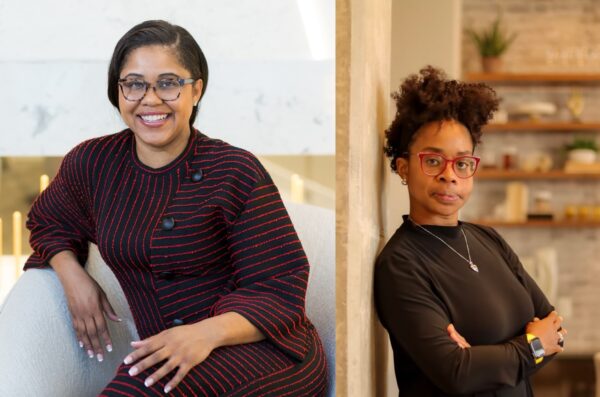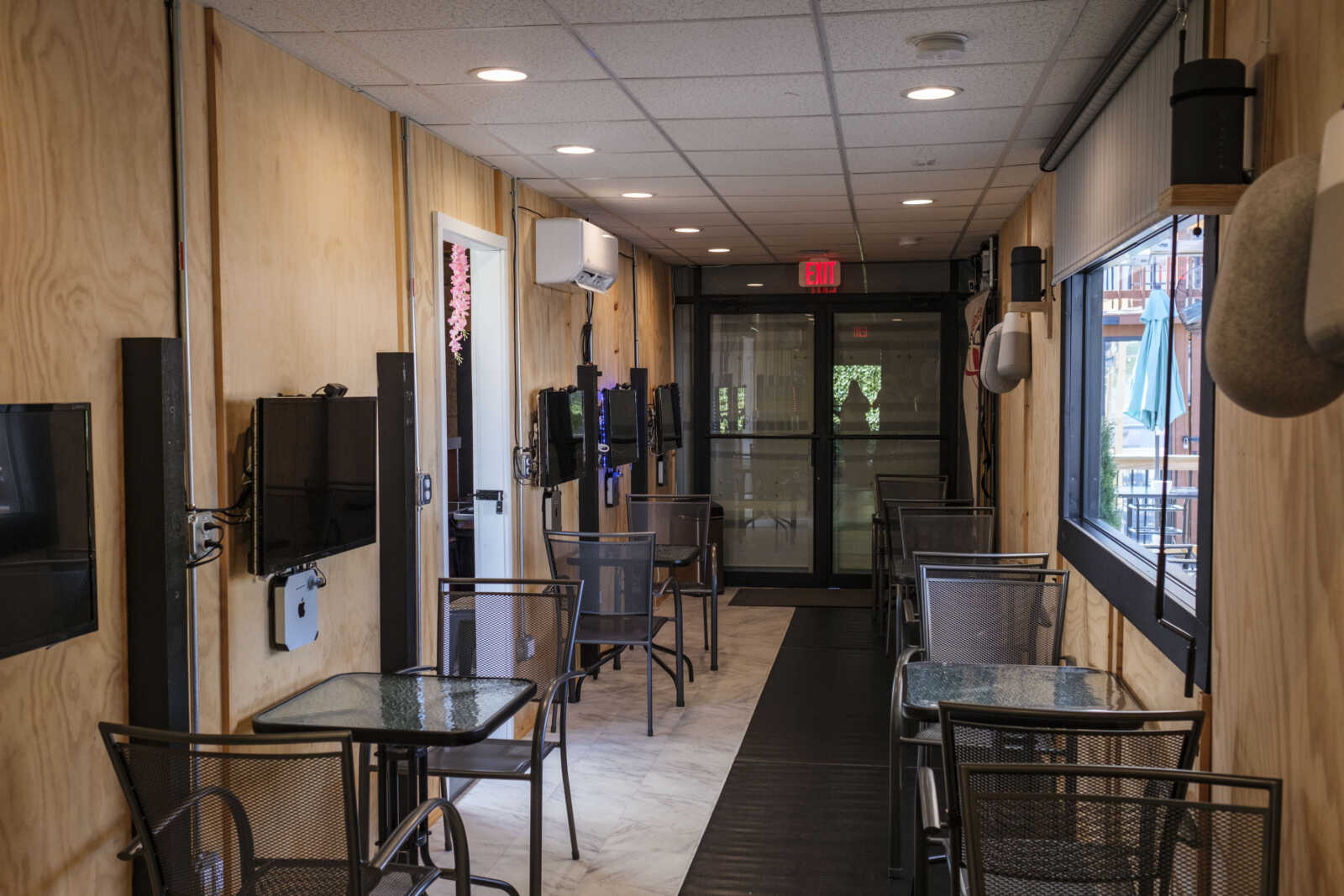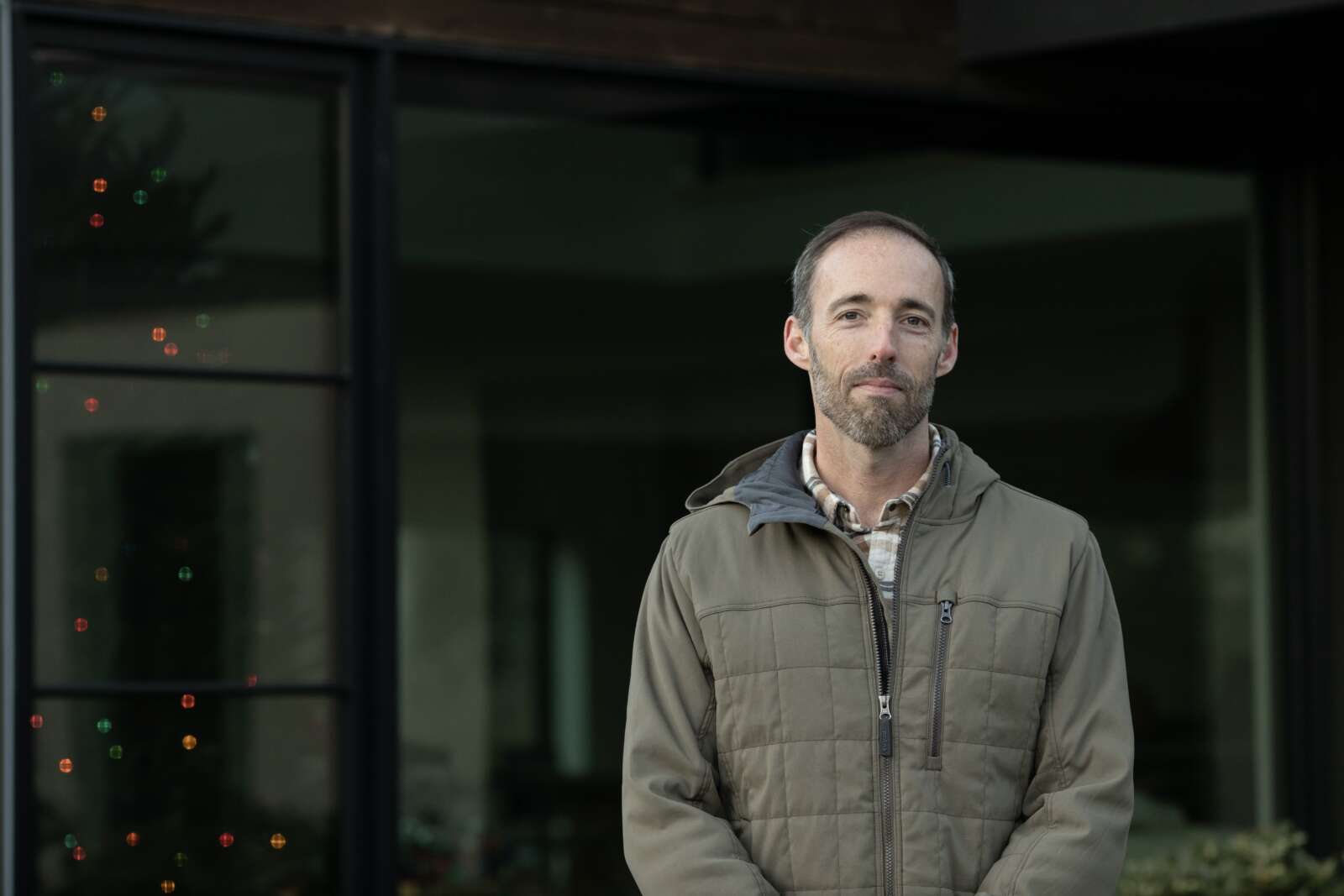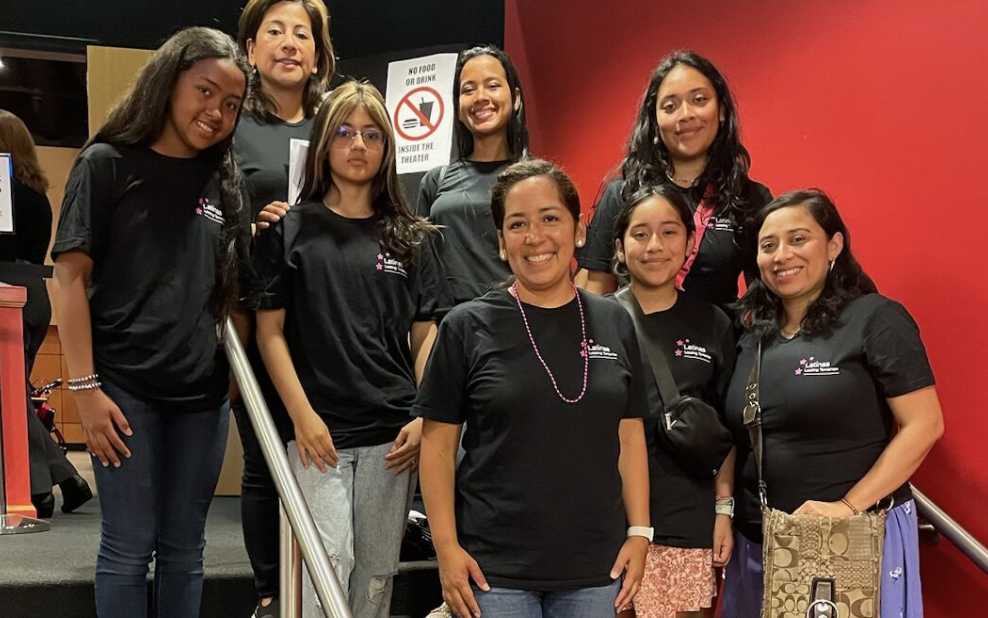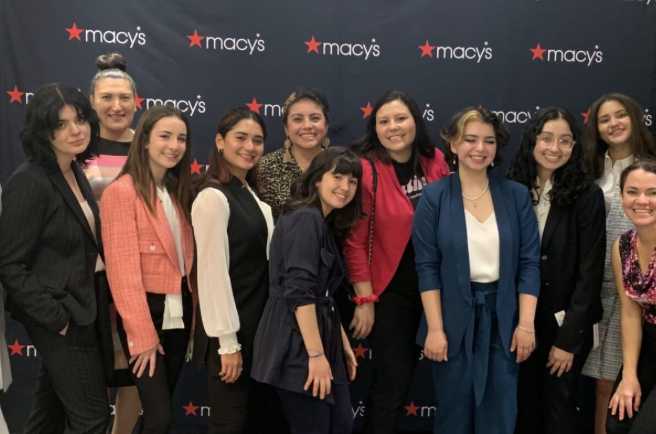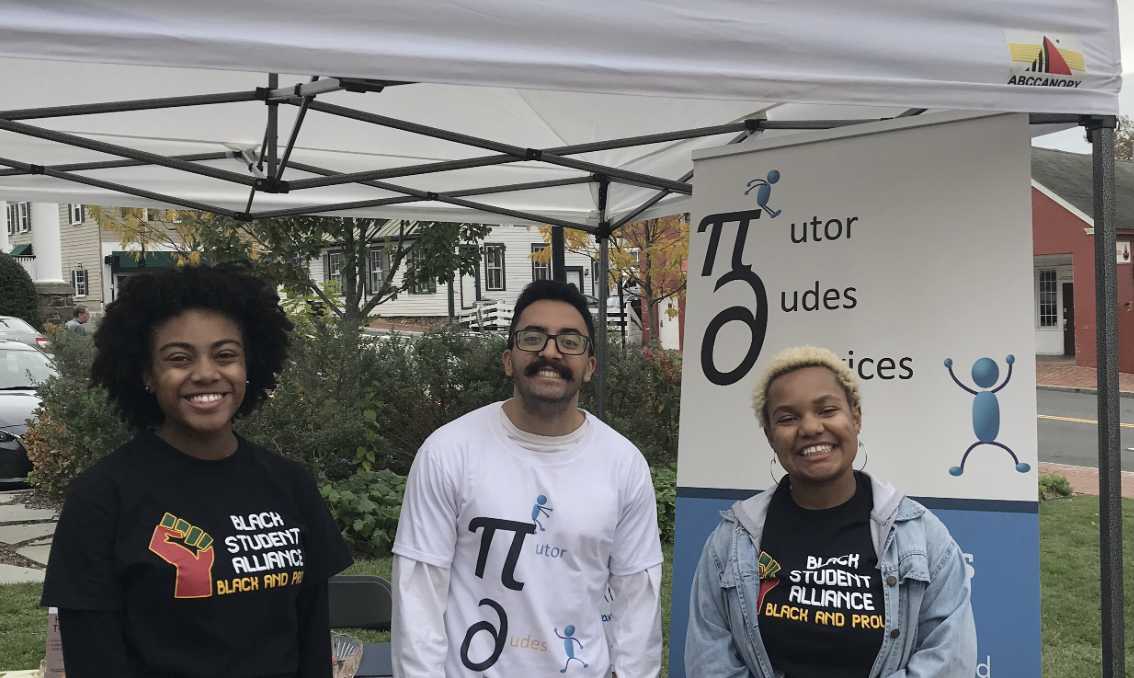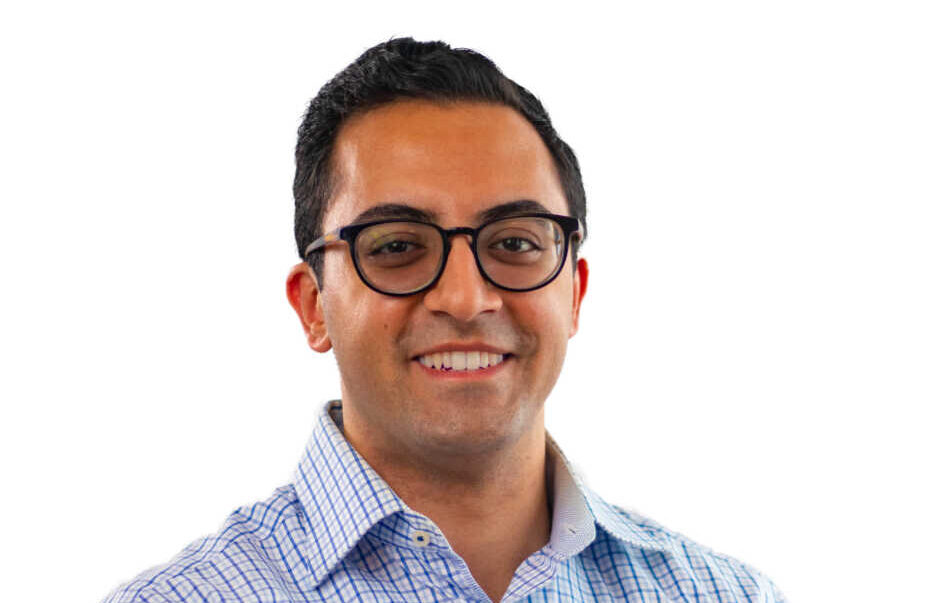Sponsored by Monday Properties and written by ARLnow, Startup Monday is a weekly column that profiles Arlington-based startups, founders, and other local technology news. Monday Properties is proudly featuring Three Ballston Plaza.
When Richard Gurley surveyed the healthcare field for people with diabetes, he noticed several flaws.
Whether they saw primary care physicians and specialists or used virtual platforms, diabetics often lacked support between visits, particularly for nutritional education and behavioral health.
Insurance, meanwhile, rewarded offices for less-effective care.
“The traditional way of treating type 2 diabetes in this country is just not working for the majority of people living with it,” Gurley said in a recent press release, announcing a new partnership with CareFirst BlueCross BlueShield.
He founded Ryse Health in 2020 to change that.
“We started with a blank slate and designed what we believe is the most efficient, effective model for serving people living with type 2 diabetes, helping them manage their care in a way that’s tailored to them,” his statement continued.
Ryse Health pairs patients with an endocrinologist, a diabetes care specialist, a health coach and a behavioral health specialist. Via chat, email, video and in-person visits, they provide regular support, tips for managing diabetes and coaching, while connecting patients with diabetic peers.
These encounters make for efficient and effective visits, and result in fewer visits over time as patients get healthier, according to the company. Ryse also hires additional staff when demand surges, so that patients wait a maximum of two weeks for an appointment. It takes most major insurance.
The company opened its doors in the summer of 2021 and today employs 18 team members and serves more than 500 patients across its offices in Arlington and Baltimore, he tells ARLnow.
Half of Ryse’s 18-person team reports to the Arlington office, but only for half the week, as most of the care it provides is virtual. Providers work from home two days a week.
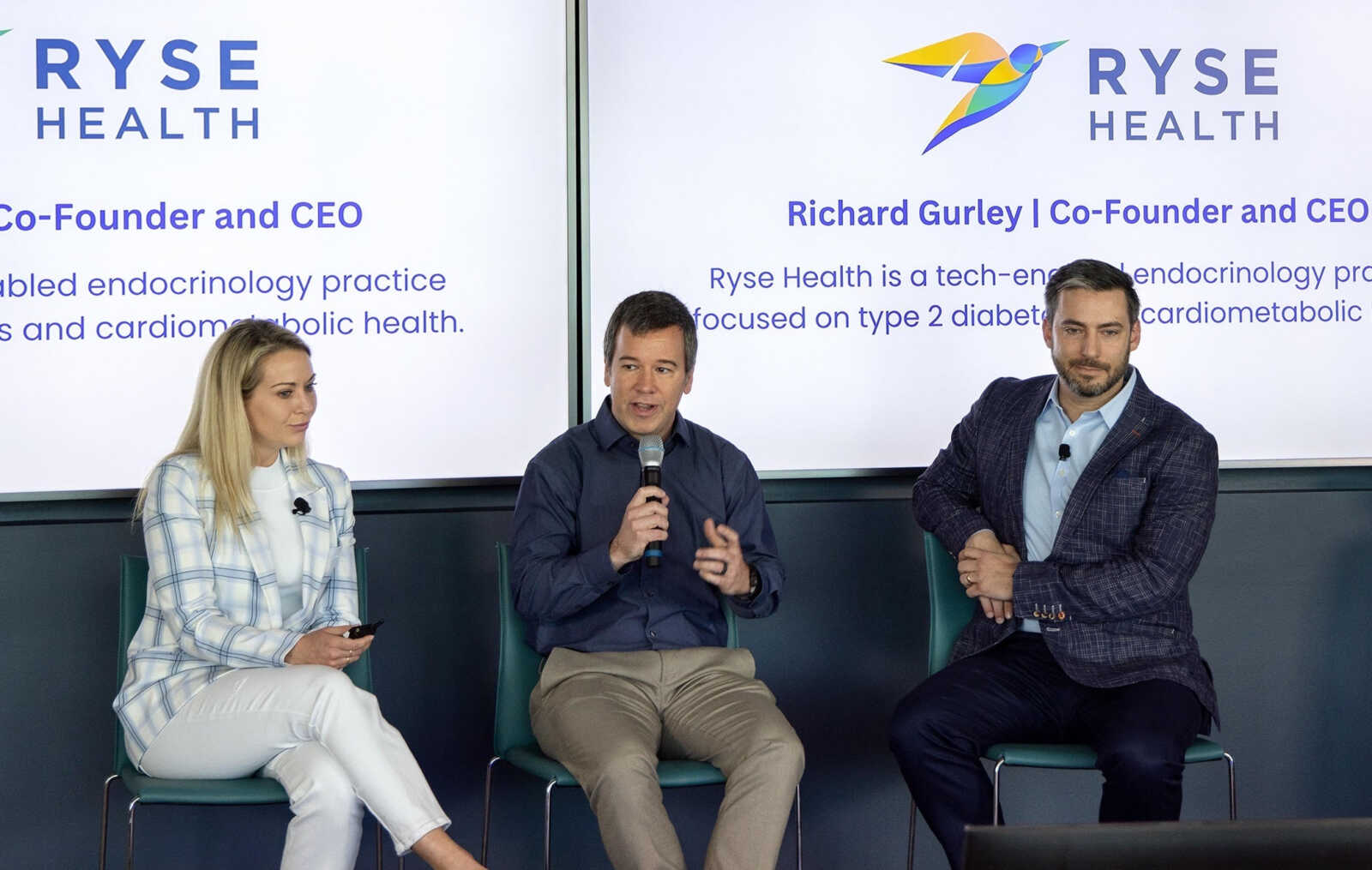
Gurley says his company aims to combine the best of primary care, specialty and virtual-only providers, while avoiding their shortcomings.
“Though there are some amazing examples of care in all three of these categories, by and large, they don’t serve people living with chronic disease well,” he said.
He credited primary-care practices for providing support between office visits but said they tend to pass off people with more complex medications or support needs to endocrinologists.
While endocrinologists handle these patients and offer diet education, they rarely provide the between-visit support or address psychological barriers, he said.
Both options have scheduling issues, Gurley says, noting patients wait an average of four months to see an endocrinologist and they see their provider every three to six months. That makes virtual, app-based options attractive but insurance largely does not cover them.
He attributed poor patient outcomes to these issues securing appointments and receiving effective support as well as the “perverse incentives” insurance creates.
For instance, companies will pay offices and hospitals the same for effective visits and those where little progress is made. Also, providers may not offer critical support to patients, such as identifying barriers to getting lab work done and devising a plan to overcome them.
“Most practices don’t have a way to get paid for that work, so they don’t do it,” he said.
As part of the new partnership — a first for Ryse — CareFirst will pair D.C.-area members who have uncontrolled type 2 diabetes with Ryse providers. They will provide in-person and virtual visits through which patients will come to control their hemoglobin and blood pressure levels.
Ryse and CareFirst began conversations in 2021. In 2022, Ryse joined its incubation program run by the investment arm of CareFirst.
“We’re grateful that CareFirst has chosen to partner with us on our shared mission, and we’re excited to see the partnership grow in the coming years,” Gurley said.
He foreshadowed more partnerships and announcements in the next six months as well as expansion plans within and beyond the mid-Atlantic.
The company already has investor interest and has raised $10 million in the last 18 months.
Gurley says the money is being invested in “our team and technology, continuing to refine our model to be the most effective, efficient model for improving cardiometabolic health.”



